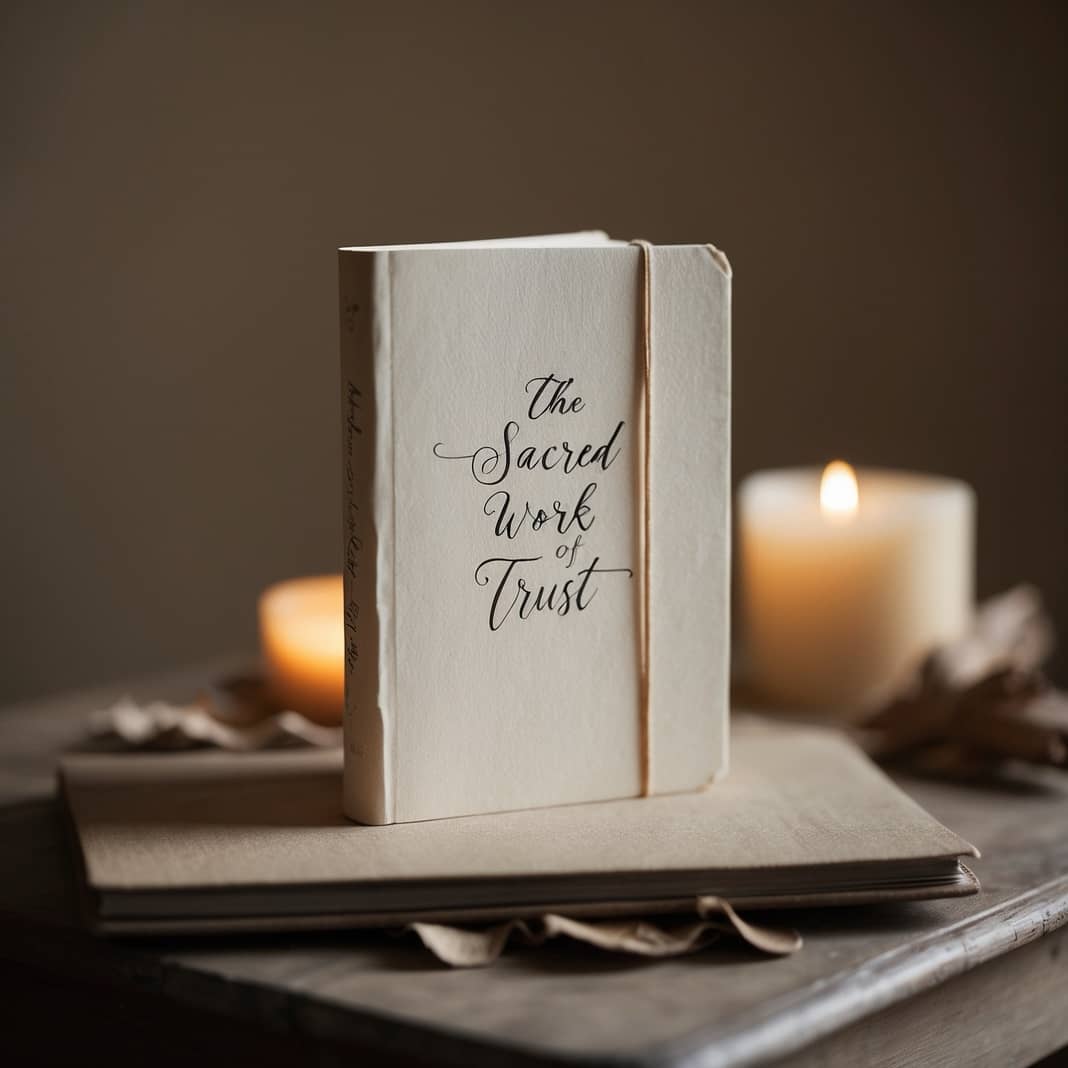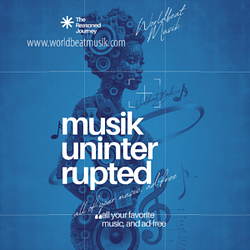Trust is not a gift, not a state of being handed to us, nor is it merely built. Trust is woven, thread by thread, into the fabric of our relationships, requiring more than intention—it demands action, patience, and grace. Yet, in a world so bent on image and control, how do we learn to lean into the sacred work of vulnerability, of offering ourselves bare to the potential of connection? To risk being truly seen?
It starts with understanding that to be seen is not merely to be looked at. To be truly seen is to stand as yourself, knowing full well that the gaze of another might burn or soften, might harm or heal. It is to shed the armor we cling to so tightly, the defenses we build in a world that teaches us to fear openness. But to trust is to dare greatly. It is to allow the uncomfortable reality that we are fragile, unfinished, and imperfect—and to know that, even so, we are worthy of love, worthy of connection.
There’s a question that haunts the vulnerable soul: How do we know when trust is broken? How do we recover when trust has been shattered, leaving us stranded in the ruins of relationships or dreams? There are no easy answers. Trust is not something that is rebuilt overnight. But Brené Brown’s BRAVING framework offers a roadmap—a way to break down trust, not as a monolithic concept, but as something that breathes in seven parts: Boundaries, Reliability, Accountability, Vault, Integrity, Nonjudgment, and Generosity. Each of these elements tells us how to create, sustain, and repair trust when it falters.
In truth, trust is more often unraveled by the smallest infractions—by the tiny betrayals that slip beneath the surface. A boundary crossed without consent, a promise made and forgotten, a confidence betrayed in whispered gossip—each one pulls at the thread of trust until, finally, it snaps. And when it does, we are left asking, Can trust ever truly be restored? The answer lies not in the speed of repair, but in the slow, deliberate act of relearning how to weave.
Boundaries are the first stitch in this fabric. They protect us, yes, but they also guide us toward deeper connection. For without boundaries, how can we truly know each other? How can I trust you with my heart if you don’t know where it breaks? To trust, you must first say, This is where I end and you begin. Only then can you invite someone in, not as a trespasser, but as a welcome guest.
Reliability, the next thread, is about showing up—again and again. It’s not enough to speak of trust if you do not live it. The everyday acts of care and follow-through are what steady the shaky ground beneath us. You cannot offer words of comfort and then disappear when the storm hits. People remember your consistency far more than they remember your promises.
Accountability, too, is crucial. There is no trust without responsibility. When trust breaks, it often breaks because someone failed to take responsibility for their actions. They might have tried to cover up their fault, shift the blame, or worse—pretend nothing happened at all. But accountability means facing your failures head-on, admitting where you went wrong, and making amends. To say, I am sorry, is not weakness. It is the key that unlocks healing.
And then there is the Vault—the sacred place where our secrets are held. Trust cannot exist where gossip reigns. If I tell you my fears, my failures, my wounds, I do so in the faith that you will protect them, guard them as if they were your own. When you gossip, you do not merely betray the one you speak of; you betray the very foundation of trust in all your relationships. Trust, after all, is not a currency to be spent for social gain. It is a bond, a sacred tether between souls.
Integrity is the hardest thread to weave, for it asks us to live not only by the truth we tell others but by the truth we tell ourselves. How often do we profess one thing and live another? We speak of love, but we withhold it. We claim honesty, but we hide from the very truths that would set us free. To have integrity is to live your values, to choose courage over comfort, and to stand in the light of your convictions, even when it costs you.
Nonjudgment might seem like a distant hope in a world that thrives on critique and condemnation. Yet, trust asks us to hold space for one another, not with judgment but with understanding. To offer help without attaching shame to the offering. If I cannot come to you in my brokenness, without fear of being judged, I will not come at all. And then trust will die a quiet death, unspoken but felt in every hesitant word, every guarded conversation.
Finally, there is Generosity—the most tender thread of all. To trust is to offer grace when it is least deserved. When someone you care for disappoints you, betrays you, or falls short of who you needed them to be, generosity asks you to believe in their humanity, to assume the best in them even when their actions suggest otherwise. It asks you to say, I see you, in all your imperfections, and I still believe in your goodness.
So we return to the question: How do we rebuild trust? Slowly, deliberately, with open hands and soft hearts. We rebuild trust by acknowledging the weight of the small betrayals, by sitting in the discomfort of our own shortcomings, and by choosing, again and again, to weave the threads of BRAVING back into our relationships. We rebuild trust by being brave enough to show up, to speak our truths, to offer grace. We rebuild trust not by denying the pain of its absence but by daring to believe that it can still be mended.
In a world that tells us to guard ourselves, to hide our vulnerabilities, to distrust first and ask questions later, the act of trusting is an act of rebellion. But it is the kind of rebellion that heals rather than harms. It is the kind of rebellion that allows us to truly live. For if we cannot trust, we cannot love. And without love, what remains?
Would we dare, then, to trust? To show up, threadbare but willing? To offer ourselves, imperfect as we are, to the sacred work of trust? The choice is ours—to weave, or to withhold. But in that choice, we will find the very essence of what it means to be human.
Discover more from The Reasoned Journey
Subscribe to get the latest posts sent to your email.


